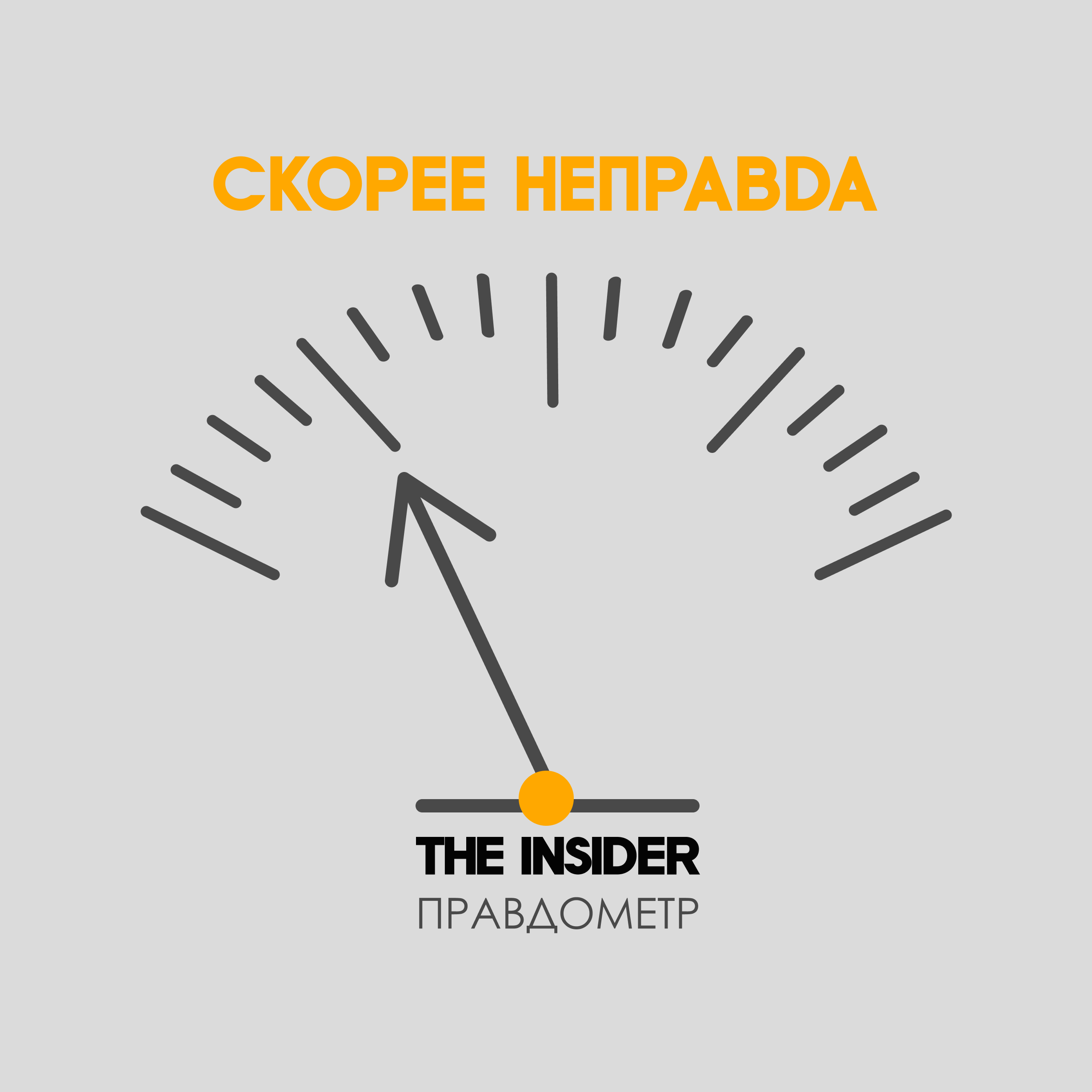After the scandal with singer Valery Meladze, who responded to the greeting “Glory to Ukraine!”, Russian Foreign Ministry spokeswoman Maria Zakharova wrote that the use of this slogan is supposedly a direct reference to Nazism.

The appearance of the slogan "Glory to Ukraine!" with different answers has nothing to do with the nationalists. His first known mention and replies "Glory to all the earth!" connects with the environment of the Kharkov Ukrainian student community of the late XIX – early XX century. The slogan and greeting "Glory to Ukraine!" originated during the time of the Ukrainian People's Republic – a state that, after the October Revolution of 1917 until 1921, controlled the territories of central, eastern and southern Ukraine. Dyachenko Pyotr Gavrilovich, commander of the 1st Cavalry Regiment of the Black Cossacks (military formation of the UNR, existed in 1918-1920), recalls that the greeting was the words “Glory to Ukraine! – Glory to the Cossacks!
General Vsevolod Petrov recalls that during the reign of Hetman Skoropadsky, the slogan sounded like this: “We are talking primarily about the Serdyuks, who marched well, loudly exclaimed “Glory to Ukraine, Glory to the Hetman.”
The order of the General of the Army of the UNR Mikhail Emelyanovich-Pavlenko dated April 19, 1920 reads as follows:
To all parts of the army in praise, otherwise gratitude for the service of Ukraine, answer: "Glory to Ukraine."
Yuri Gorlis-Gorsky in the novel “Cold Yar” points to the spread among the rebels of Kholodny Yar (a short-term state formation on the lands of the UNR, in the Chigirinsky district of the Kiev province, in the area of the forest tract Kholodny Yar) greetings “Glory to Ukraine! Glory to Ukraine!
All have guns, some have sabers and revolvers, one has an old saber, set in silver.
I go to them:
– Good afternoon guys!
– Glory to Ukraine! several voices answer. This confused me a little. I didn’t know that Kholodnoyarsk residents used to greet “Glory to Ukraine” instead of “Healthy”, and the answer is “Ukraine is glory”.
Answer exactly “Glory to the Heroes!” the Ukrainian nationalists really came up with – however, contrary to the statements of Zakharova, even before the start of World War II. The slogan in its current form appeared in the Legia of Ukrainian Nationalists organization (1925-1929):
In 1925, Artyushenko, together with Mykola Stsiborsky and other like-minded people, organized the Legia of Ukrainian Nationalists in Podebrady. When the question of organizational congratulations arose, it seems that it was Yuriy Artyushenko who suggested using the congratulations of the chernoshlichniks: "Glory to Ukraine!" – "Glory to the Cossacks!" The society accepted the proposal, but with a clarification – it was necessary to answer: “Glory to the heroes!”.
And after that, the greeting began to be used in the ranks of members of the Ukrainian Insurgent Army (UPA) and the Organization of Ukrainian Nationalists (OUN). Recall that Ukrainian nationalists were not at all accomplices of Nazi Germany, as they are now represented by Russian propaganda. The OUN-UPA was never convicted by the Nuremberg or any other international tribunal as a Nazi organization. And the main "Nazi", according to the Kremlin, Stepan Bandera spent most of the war in a German concentration camp, and Nazi secret services hunted his followers. He was never an accomplice of the Nazis.
The OUN, one of the factions of which was headed by Bandera, from the very beginning of its existence was very far from the concepts used by German Nazism. In the ideology of the OUN, the main Nazi component was completely absent – the doctrine of racial and national exclusiveness. Members of the OUN have never considered Ukrainians as a “superior race”, but only sought “independence” (independence) for their nation, rescuing it from Polish and / or Russian (Soviet) dependence.
It should also be noted that the slogan "Glory to Ukraine!" – "Glory to the heroes!" It was also used during the collapse of the USSR as a symbol of the restoration of Ukrainian independence. In 1989-1991, the slogan gained popularity among students, creative and cultural intelligentsia. During the Revolution on Granite (actions of civil disobedience organized by Ukrainian youth in 1990), the slogan becomes one of the main greetings of its participants.


